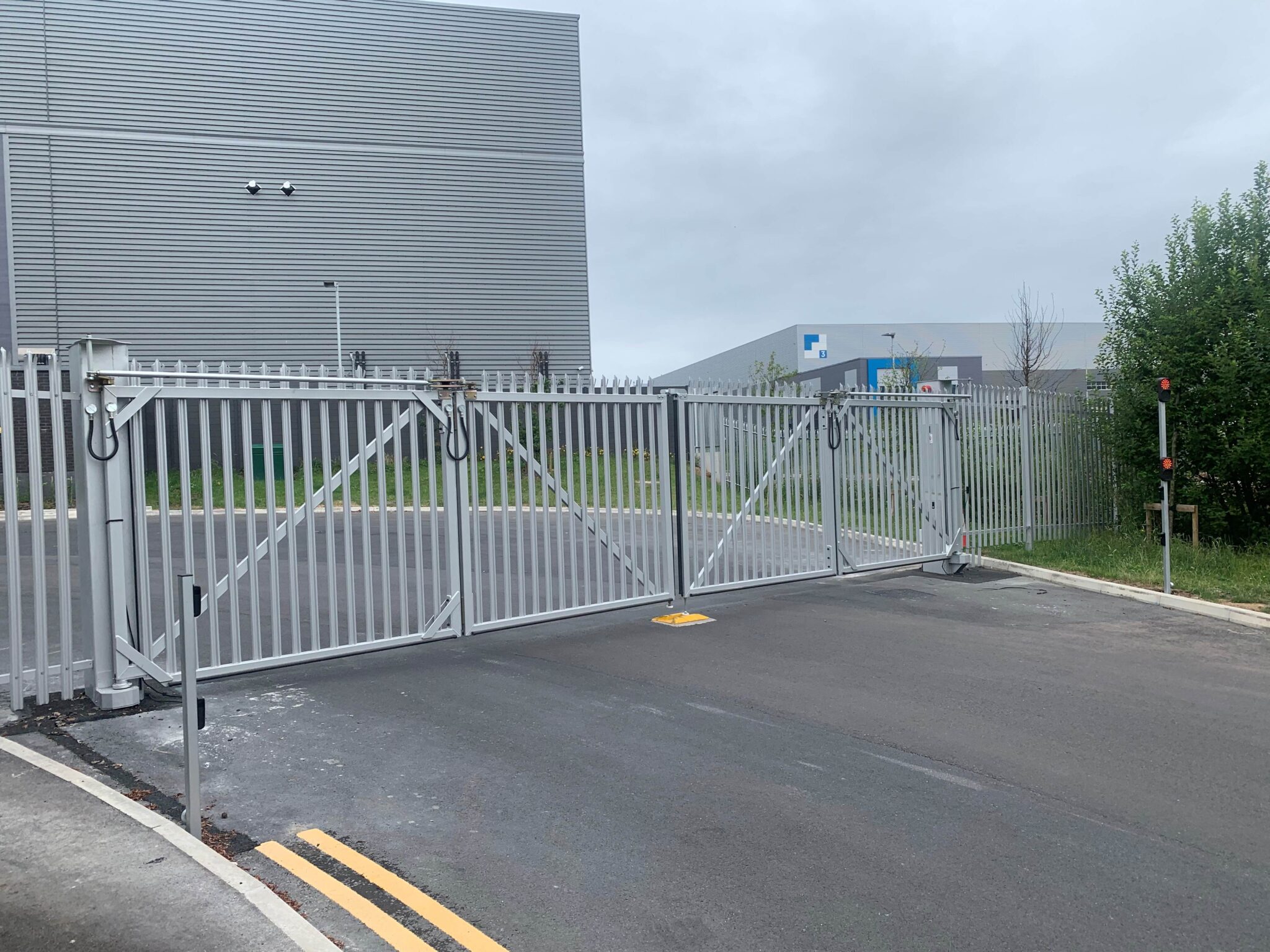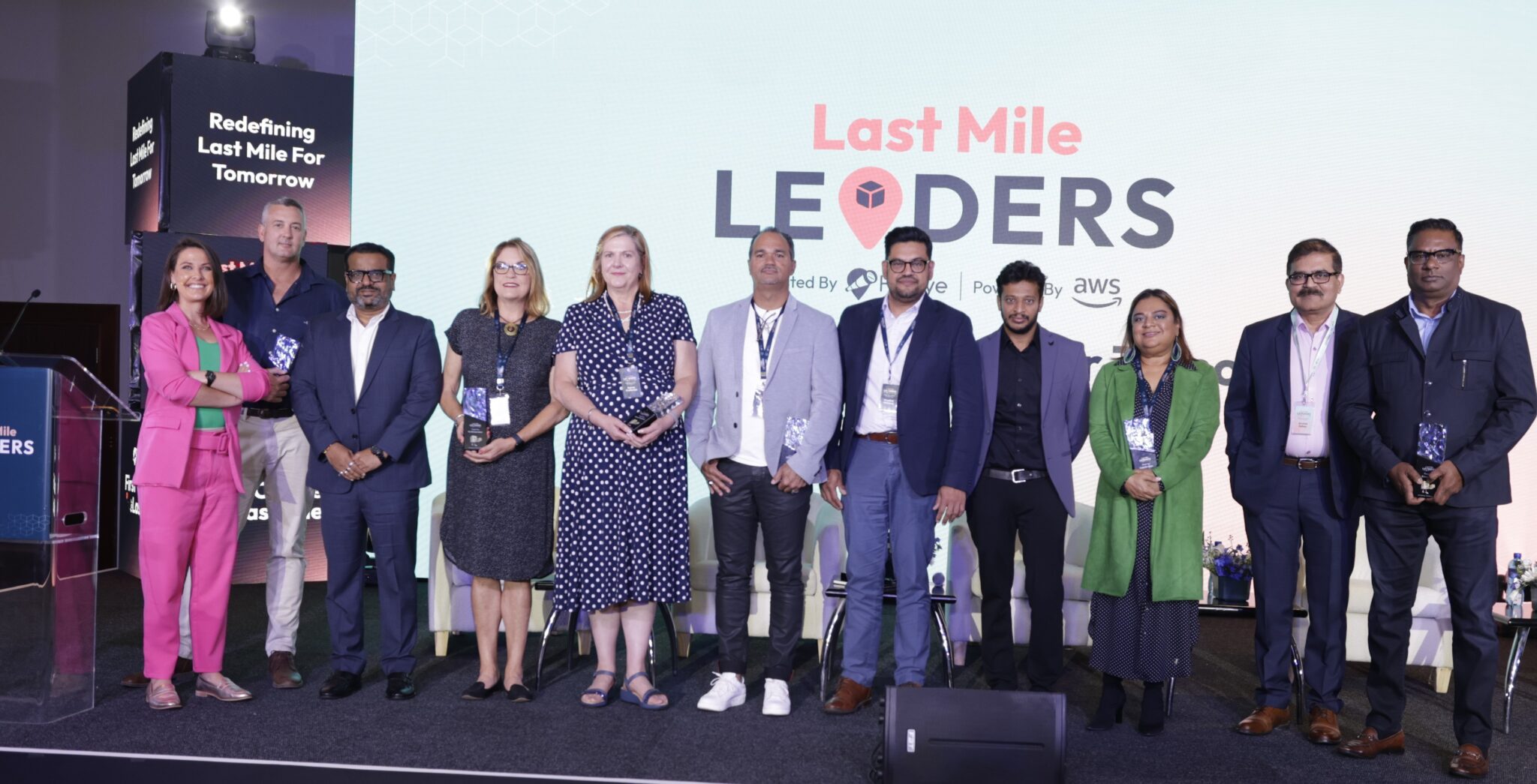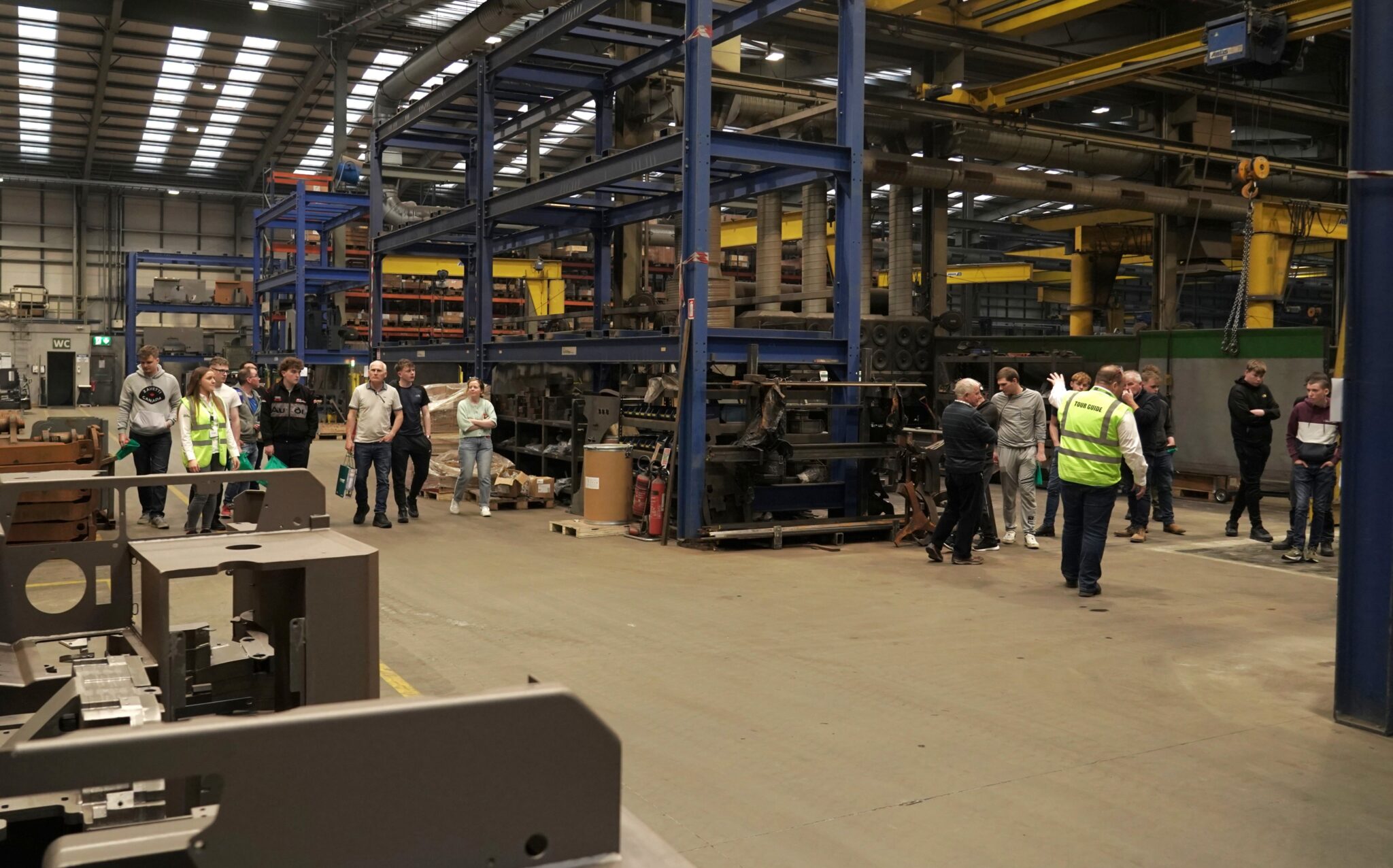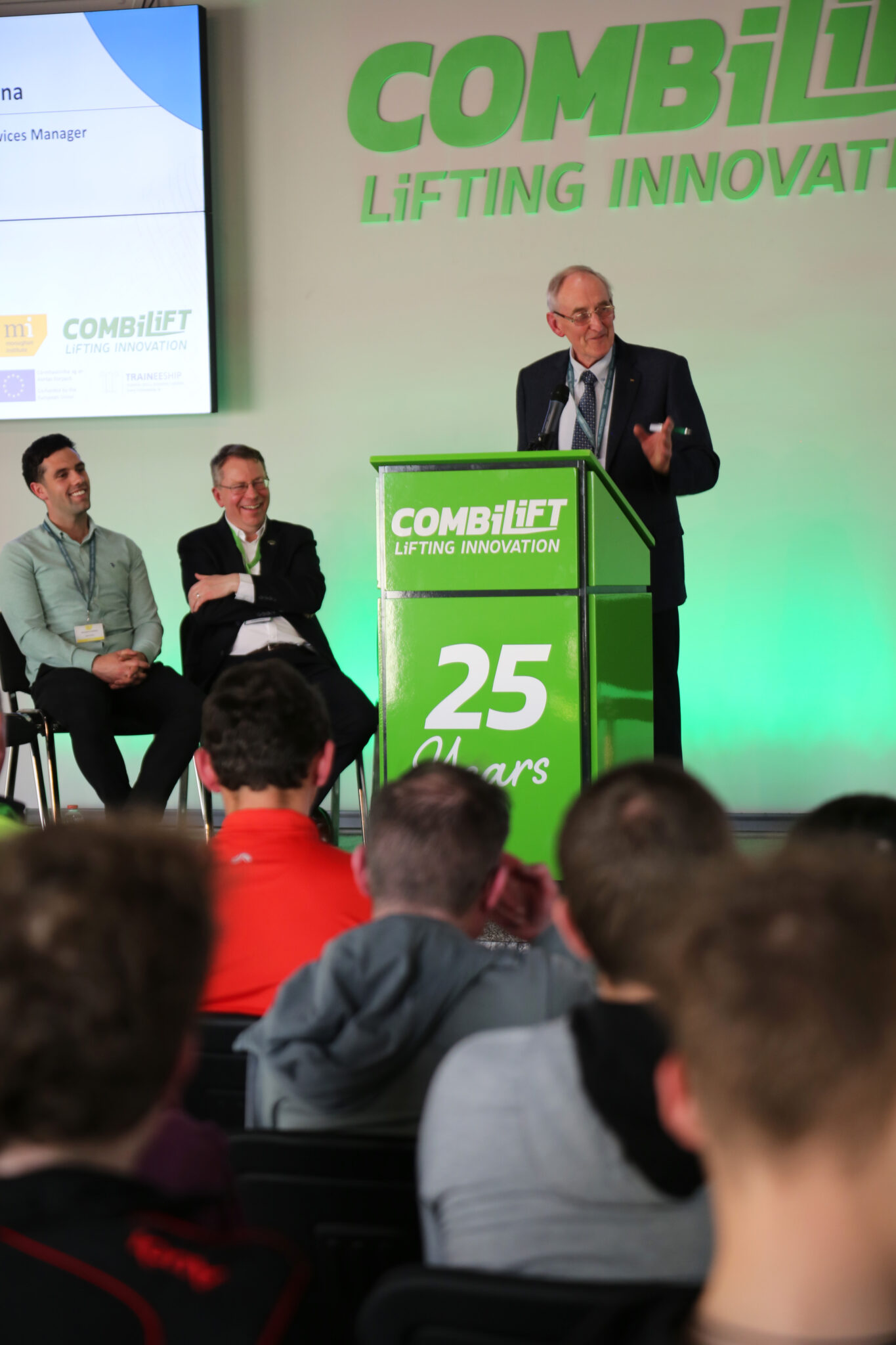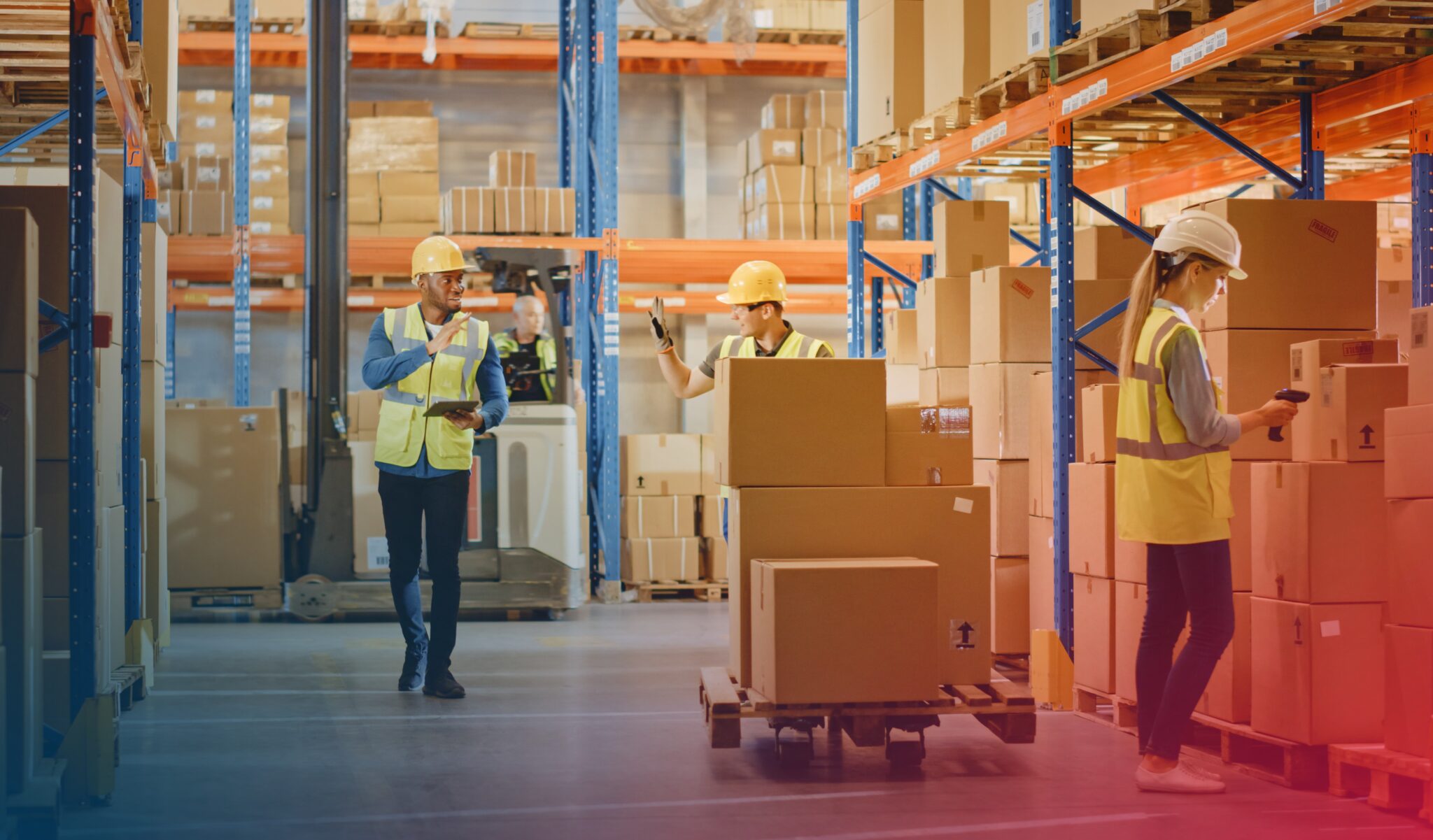Everyone in our industry knows what Third-party contract logistics is (3PLs and LSPs). Many of us will be familiar with the concept of the 4PL. But 5PL?! David Priestman reports.
Stuart Love has a long and impressive job title for his new role at supply chain behemoth DSV: Director of Global Supply Chain Inventory Management Solutions. For a global forwarding and logistics firm that is 50% air and sea freight-based and 25% road cargo, that means one quarter of all operations are designated as ‘solutions’ for customers. The new combined company will have around 150,000 employees.
Love (pictured below) is a data man, recruited from Intel. His specialism is in assembly and packing operations for manufacturers, assisting them with sourcing, procurement and planning. Entering the supply chain world, he is seeing things afresh and learning fast. “Freight forwarders are lean, 4PL set-ups that transcend industry problems due to the complexity of their operations and networks across all vertical markets,” he told me when we met at Manifest.

So, a fourth party logistics provider (4PL) is one that manages the contracted-out logistics and warehousing activities of a customer but uses few or none of its own physical assets, such as commercial vehicle fleets, distribution centres, ships and cargo planes. Instead, it sub-contracts these to many separate logistics companies across the supply chain it is managing. The 4PL provides the ‘control tower’ with its supply chain management and associated software, selects routes, modes and hubs, drives efficiencies and strives to create synergy.
Big Logistics Party
By extension, a 5PL must be one step removed from a 4PL. Love agrees: “A 5PL utilizes data across all modes, analysing what can be measured in transit, such as temperature and locations. Everyone talks about AI and data but many customers can’t see the wood for the trees. What are you going to do with the data and do differently? Being prepared isn’t enough, you need to enable increases in revenue, new lanes and new markets. It is these that determine your data requirements.”
Serving the current customer is key. “Supply chains need to be touchless and incident-based. We can assess the control tower metrics and network capacity,” Love added. “A 5PL is more than consultancy, its designing inventory management solutions, data crunching and analysis to then build new distribution centres, server centres and capacity.” Recommendations to the customer would be made, whether that be using DSV assets or brokerage for sub-contractors. The emphasis is on project management and navigating customer requirements.
Whither the Haulier?
What does the future holds for road transport companies around the world? It is a low-margin, often family-run sector, supplemented by pallet freight networks and alliances, challenged by fuel costs, driver shortages and the need to decarbonise logistics by gradually adopting electric vehicles. Nothing can be transported without a 3PL logistics service provider or haulier. 4PL supply chain management services cannot be offered if there are insufficient trucking firms to do the donkey work.
“The technology and the trucks are all there,” Love responded. “Perhaps the haulage sector is ripe for subsidies?” Right now there is just enough capacity, generally, due to the low barriers to entry for the road haulage market. “Most DSV road freight is for our own shipped or flown cargo, as part of a service solution,” Love explained. As a 4PL forwarder there is no desire to truck freight unless it is part of a higher-margin contract.
Some supply chains, such as Tesco’s, maintain some logistics operations in-house, both as a core competency for know-how and as a KPI comparison with outsourced providers. Contract lengths remain a key issue. 3PLs and 4PLs are loathe to invest in EVs and warehouse automation if the contract is up for renewal tendering just a few years ahead.
Wind of Change
The speed of change in logistics is increasing. Unnecessary, counter-productive trade barriers and tariffs are re-emerging. What about reshoring and nearshoring? “It can’t be rushed or done until the supply chain is figured out,” Love stated. “Nearshoring solutions require good people to deliver it and competent resources. It is mission-critical for consumer goods, technology and electronics manufacturers.” New locations such as Ghana and the Indian subcontinent offer opportunities and most inward investment agencies, such as CARISCA and JAMPRO dangle incentives. “It’s more challenging in high-tech sectors, automotive and parts,” Love advises.
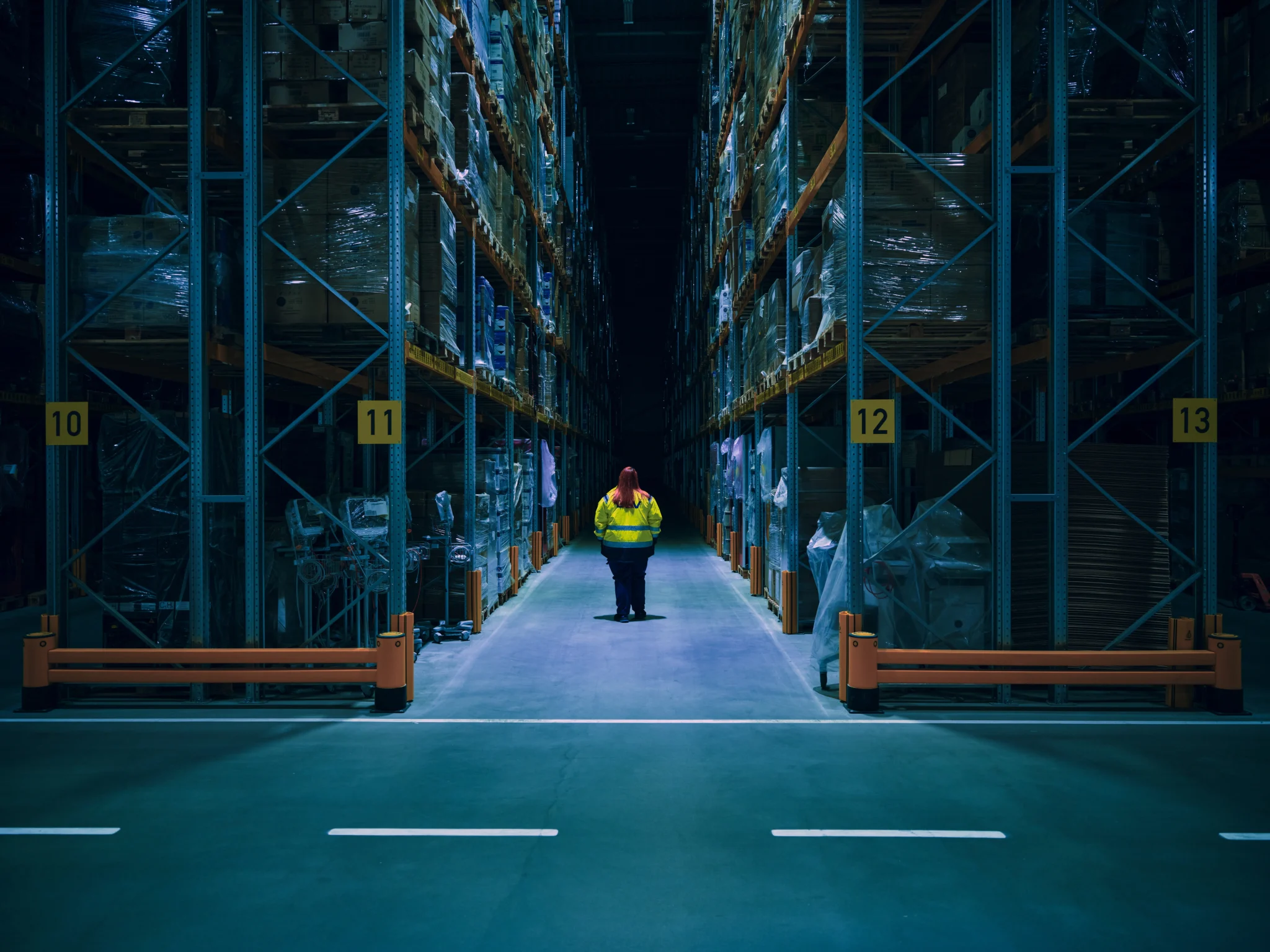
Are the benefits and challenges of nearshoring pretty straight forward? “Yes. Shorter lead times, less impact from governmental and geopolitical turmoil, lower transit costs, more direct linkage, better manufacturing and revenue realization by making the product in where it will be consumed. Additionally, nearshoring can unlock new tax and financial incentives that likely didn’t exist just a few decades ago. Emerging skillsets, improving infrastructure, growing and shifting demand profiles all create opportunities for new manufacturing locations that in many cases unlock not only supply resiliency, but also new markets. As more countries become industrialized and grow their talent pool, so grows their economy, and their need for advanced consumer goods, services, all of which can be satisfied by the very industries that are driving the growth.”
Impact of 5PLs on Current Supply Chains
“5PLs will deliver faster time to information, or time to decision, more integrated and optimized workflows across supply chain nodes,” adds Love. “Using AI engines (LMM, Gen AI, Machine Learning, RPA and Agentic AI) successful companies in the near future will rely on 5PLs to not only streamline operations, communications, business process efficiency, but it will also unlock previously untapped potential regarding alternate or direct sources, supply chain financing, shared warehousing and freight lane utilization.”
How are 5PLs building on the proven benefits of the 4PL? “Via the inclusion of Artificial Intelligence data models, Robotic Process Automation, and Big Data interconnectivity,” says Love, “resulting in faster time-to-market, better use of limited and constrained resources, better identification of risk, and optimized net working capital.”
Updates in Control Tower Technology
As worldwide supply chain operating models continue to grow more complex, so too grows the complexity of monitoring, evaluating and reporting of supply chain health. As Love explains, “the Supply Chain Control tower will undergo a major shift in the next 2-3 years. No longer are the days of dashboards fed by Excel and Access queries. Rather, connections throughout the supply chain now enable a whole new level of data integration and scalability.
“While, historically, Control Towers were limited to ‘static’ data with a limited ability to drilldown, investigate and mitigate revenue impacts, the Control Towers of the future will provide not only real time, structured data that is scalable at all levels, but these towers will also deliver sourcing opportunities, supplier and customer KPI summaries and scorecards, and real time tracking/tracing throughout the entire supply network. This will be made possible through improved system connectivity, master data governance and quality, and a systematized approach to gathering, aggregating and reporting data as stipulated by business operations.”
Emerging Trends
Where are we headed then? “The AI trends are everywhere. I think one of the most compelling developments currently underway is the need for real time track/trace with system connectivity to not only the shipment recipient, but also the downstream dependents of the materials. Tomorrow’s economy will be hastier, more demanding and profit constrained than ever. As such, the ability to confidently know exactly where shipments are and what condition they are will be paramount to companies ability to ‘just say yes’ to customer demand shifts, mitigate business impacts from supply chain excursions, and navigate geopolitical turmoil.”
similar news









